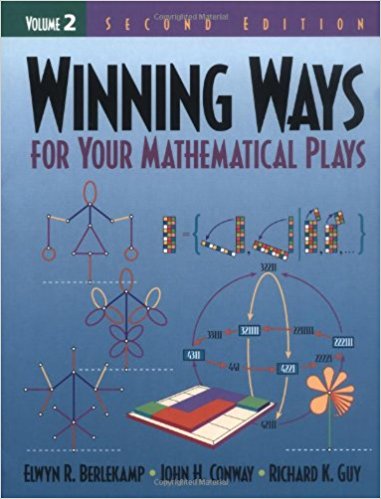
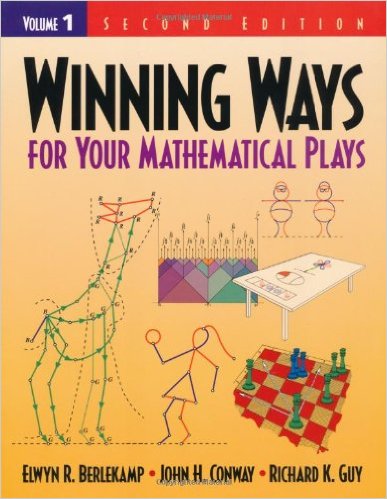
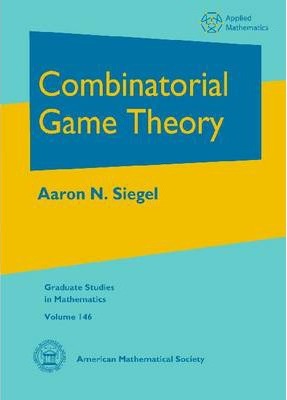 The Seminar (Combinatorial) Algorithms
is intended for Master students in Computer Science.
Lectures are in English.
The Seminar (Combinatorial) Algorithms
is intended for Master students in Computer Science.
Lectures are in English.
The seminar is organised by dr. H.J. (Hendrik Jan) Hoogeboom and dr. W.A. (Walter) Kosters.
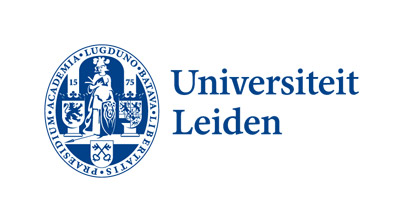
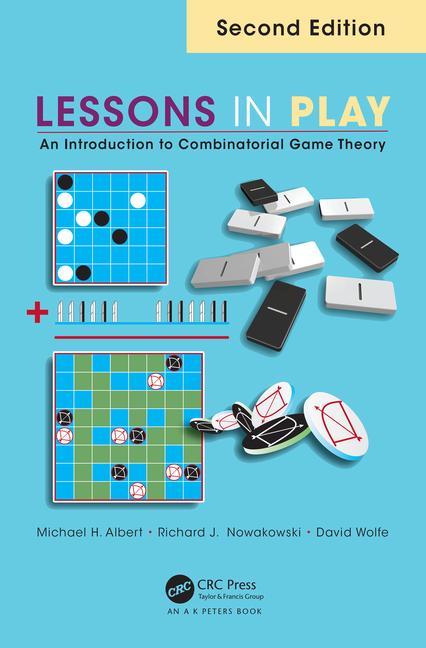 previous years
previous years
Want to participate? Send an e-mail to w.a.kosters@liacs.leidenuniv.nl
before February 1, 2020,
with an answer to the following exercise from the Siegel book:
Show that Blue-Red Hackenbush does not have N-positions, i.e.,
in ordinary Hackenbush there are no positions where the
first player can always win.
Subject: "Combinatorial Game Theory", as treated in the book:
M.H. Albert, R.J. Nowakowski and D. Wolfe,
Lessons in Play, An Introduction to Algorithmic Game Theory,
SECOND EDITION,
CRC Press, 2019.
More literature: see below.
Schedule: Spring 2020, Tuesday mornings, 11:15-13:00;
February 4 - May 12, 2020. No class on May 5
Location: Snellius, room 401.
Contents | Schedule | References


 The Seminar (Combinatorial) Algorithms
is intended for Master students in Computer Science.
Lectures are in English.
The Seminar (Combinatorial) Algorithms
is intended for Master students in Computer Science.
Lectures are in English.
The seminar is organised by
dr. H.J. (Hendrik Jan) Hoogeboom
and
dr. W.A. (Walter) Kosters.
This year's subject is "Combinatorial Game Theory".
In the first half of the semester every student presents a part
from the book/papers mentioned above/below. After that
students should study recent literature (or later chapters of the book)
and present their results. And maybe do some programming ...
Meetings are on a weekly basis.
Students can also suggest neighbouring subjects. For a somewhat
more detailed list, see below.
Credit points: 6 ECTS.
There is no written exam.
Prerequisites: Algorithms, Complexity, Datastructures (all at bachelor's level, see for instance the Dutch course pages Datastructures and Complexity).
Students should register in advance, in December 2019, by personal visit to the organizers (come on, please do this). And answer a question, see above. The number of participants is at most 10 (approximately :).
Students are supposed to present and discuss papers, during class. The setup depends on the number
of participants.
Every student presents two papers, one in each half of the semester. Each presentation takes about 30 minutes, so in a session we have three presentations.
Next to the oral presentations
(using PDF or PowerPoint slides, with the additional help of the
blackboard) ± ten
page self-contained essays on the subject must be written (in
LaTeX; in English/Dutch).
See here for a template;
and this is what it will look like.
Deadline: one month after the presentation.
Essays should be improved until students and organizers
agree on the contents. Students must be present
during all sessions, and are supposed to actively
take part in the presentations, e.g., ask questions.
Some form of peer review will be used.
Immediately after each lecture there is a short
discussion between students and organizers,
where the presentation is evaluated.
The first and second meetings are used to make a proper schedule.
Every student is supposed to choose and present two subjects,
one in the first half and one in the second half of the seminar.
Students should use their own laptop for the presentations.
It is wise to also have the slides for the presentation on a memory-stick, in PDF.
A beamer is always available.
Grading The final grade is composed of the four Ps: presentation (2x), paper (2x), participation (including presence) and peer review OR programming.
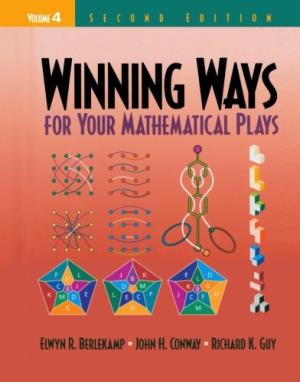
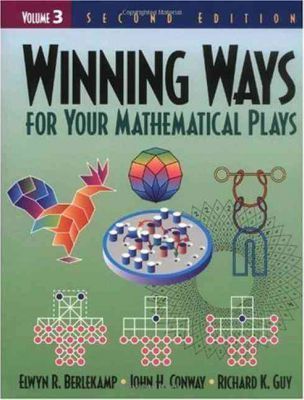

========== 2nd half ==============
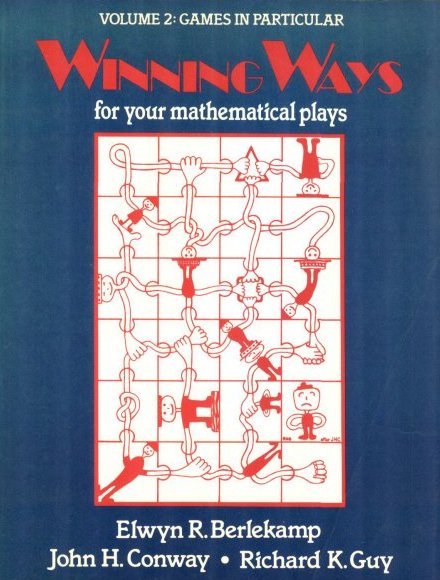
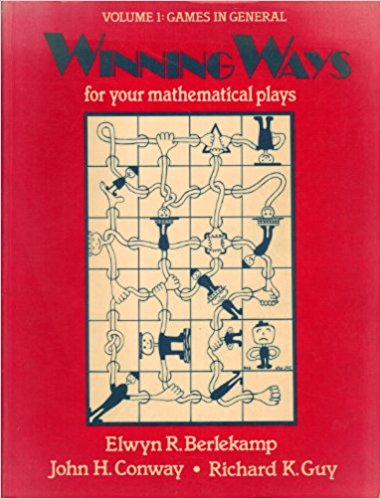
May 20, 2020 — http://www.liacs.leidenuniv.nl/~kosterswa/semalg/index.html